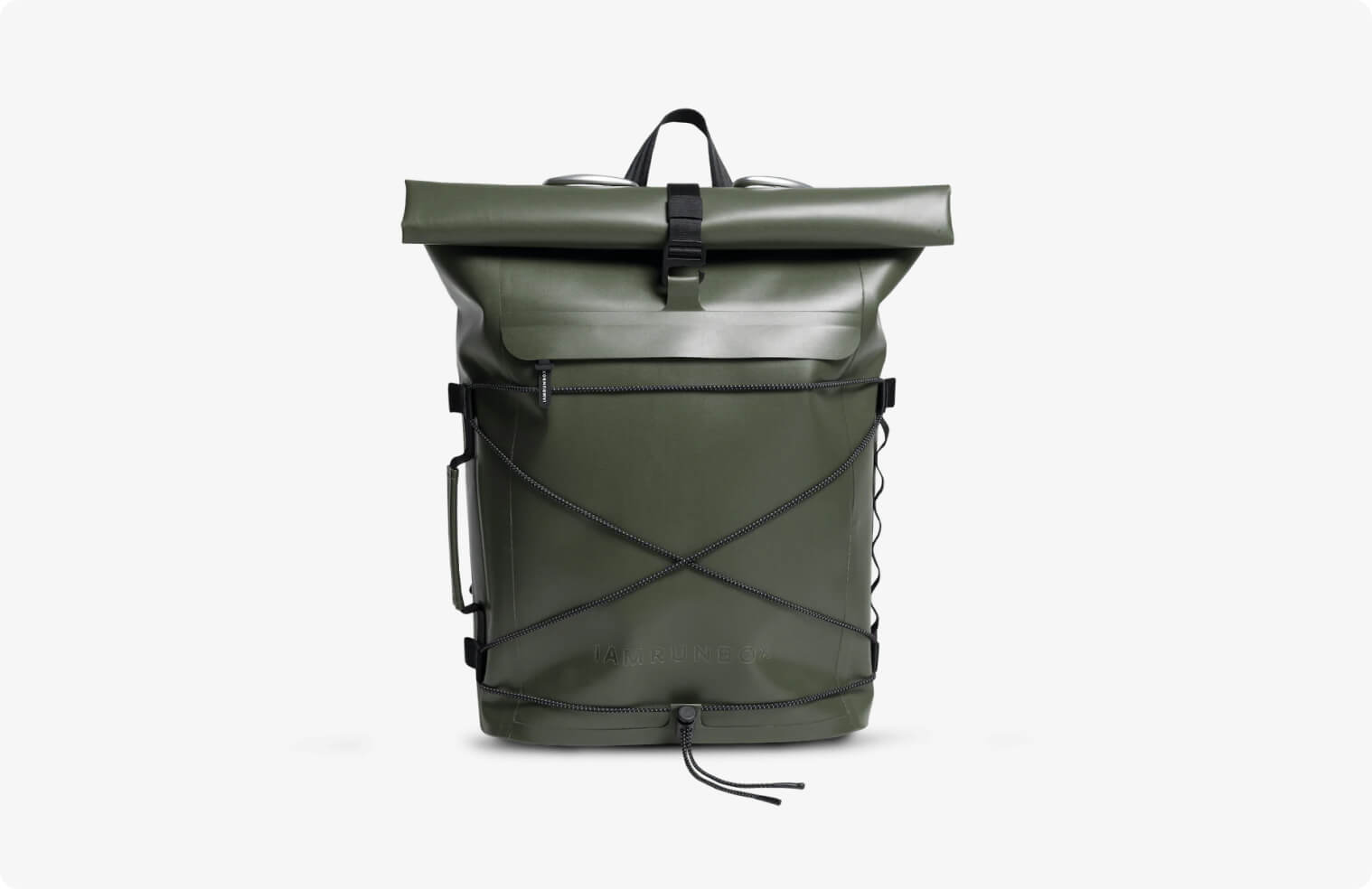
To Hangover Hell and back
Is Training With A Hangover A Good Idea?
Hello hangover, how long are you staying with me this time?
Ease up!
Are you caught in the vortex of alcohol? Depending on the number of drinks, the aftertaste could stay for a
damn 72 hours, although the norm subsides within 24 hours. But are there any hangover side effects that
could be avoided? Could exercise the day after help you out of the rabbit hole? Here are some bottomline
notes on this highly triggering matter:
We are not keen on promoting alcohol, but the feeling of an ice cold beer or a delicate glass of wine once in a while is pretty epic. Many in our community of runners treat themselves to a drink after a race or heavy weekend exercise.
We are not keen on promoting alcohol, but the feeling of an ice cold beer or a delicate glass of wine once in a while is pretty epic. Many in our community of runners treat themselves to a drink after a race or heavy weekend exercise.

CHEERS!
While the ethanol molecules freely surfs the bloodstream waves into the nerve cells of
the brain, we experience pure pleasure. This ramble blocks certain frontal lobe functions that
control impulse and inhibition, motor pathways become overactive, and blood sugar is processed less
efficiently in the brain. And sooner or later the chill pill experience kicks in - when the
molecules enter the membranes of the nerve cells. Another drink, please?!
But many times the joyride turns into a bum trip. Alcohol is after all a toxic
substance. Fact. The intoxication of the brain, the heart, the kidneys and the liver, as well as the
mucosa (lining of the stomach) and the blood vessels reveals the true nature of booze. It negatively
affects various regulatory and hormonal systems and leaves us with a muddy motor response and
overall crappy vibe.

The wingding feeling of being stuck in quicksand depends on many things: how much alcohol that
was consumed, the state of your liver, medications, gender, ethnicity, age, lack of sleep, nutritional
status and of course how dehydrated you became.
Sure, a few side effects could be prevented. B6 intake the day before, a good sleep, a steady meal and plenty of water. But is there a way to treat a hangover? Could you cure a pounding head caused by alcohol? British scientists who recently studied nearly two dozen trials of “cure products” say NO. “For now, the surest way of preventing hangover symptoms is to abstain from alcohol or drink in moderation” says lead author Dr. Emmert Roberts, a clinical research fellow at King’s College London.
Sure, a few side effects could be prevented. B6 intake the day before, a good sleep, a steady meal and plenty of water. But is there a way to treat a hangover? Could you cure a pounding head caused by alcohol? British scientists who recently studied nearly two dozen trials of “cure products” say NO. “For now, the surest way of preventing hangover symptoms is to abstain from alcohol or drink in moderation” says lead author Dr. Emmert Roberts, a clinical research fellow at King’s College London.

SO WHAT ABOUT EXERCISE?
As for working out when sick, there are a lot of rumors and different theories about whether
exercising with a hangover is a good idea or not. But the only truth and mantra to keep for foggy
days is: listen to your body!
We are built to move. It’s always a good idea to exercise. But alcohol puts stress on the body and
there are ways of doing it better “the day after”:
Time heals: schedule your workout later in the day when you’ve had more time to heal, rehydrate, and recover. A hard workout can put even more stress on your body and worsen dehydration.
Sleeeeeeep: the best recovery possible. Read more on sleep benefits here.
Light workout for symptom relief: a light workout reduces the production of the stress hormone cortisol - which intensifies the effect of alcohol in the brain - while releasing the positive hormones dopamine, serotonin, oxytocin and endorphins. Moderate exercise also increases blood flow, recovers nervous and circulation systems and loosen your joints and muscles. It will for sure brighten up your day, but won’t help the body metabolize alcohol any faster. What is a light workout? Depends. But walking, yoga, pilates and slow jogging is a good bet.
Run outside: get a vitamin D boost and some fresh air by taking a walk or a slow run outdoors. Always helps.
Time heals: schedule your workout later in the day when you’ve had more time to heal, rehydrate, and recover. A hard workout can put even more stress on your body and worsen dehydration.
Sleeeeeeep: the best recovery possible. Read more on sleep benefits here.
Light workout for symptom relief: a light workout reduces the production of the stress hormone cortisol - which intensifies the effect of alcohol in the brain - while releasing the positive hormones dopamine, serotonin, oxytocin and endorphins. Moderate exercise also increases blood flow, recovers nervous and circulation systems and loosen your joints and muscles. It will for sure brighten up your day, but won’t help the body metabolize alcohol any faster. What is a light workout? Depends. But walking, yoga, pilates and slow jogging is a good bet.
Run outside: get a vitamin D boost and some fresh air by taking a walk or a slow run outdoors. Always helps.
Fight fire with fire? Naaah, quite the opposite. Avoid anything intense, team sports and
cycling. Partly because sweating leads to dehydration, also due to weakened motoric skills (balance,
coordination and precision) that increase the risk of injury (for you and others), and for the
reason that your ability to build muscle is negatively affected and interrupted. You burn fewer
calories and get 75% less muscle synthesis and fat oxidation because the alcohol prevents your body
from using its natural energy source: glucose.
Eat! Although the food might pop right back up again, keep on trying. Fruits and vegetables can help replace any nutrients that were depleted by alcohol. Especially watermelon, cucumber and bananas. Also, food rich in Vitamin B6 and starch like potatoes and chickpeas.
Avoid further dehydration: Sweat and vomit, certain antihistamines, blood pressure medicines, laxatives, diuretics and chemotherapies can cause dehydration. Coffee, tea, soda, energy drinks and alcohol are diuretic and increase urine production. Find instead drinks that contain small amounts of sugar, as well as sodium and potassium (electrolytes), which help promote water retention in the body, like coconut water and fruit smoothies.
Don’t panic: research suggests that moderate drinking won’t significantly interfere with your fitness goals. A recent study found no difference in fitness and strength between participants who regularly had alcohol (around a drink per day for women and two a day for men) and those who didn’t. We wouldn’t recommend drinking on a daily basis, due to many reasons, but once in a while if you enjoy it, why not!?
Eat! Although the food might pop right back up again, keep on trying. Fruits and vegetables can help replace any nutrients that were depleted by alcohol. Especially watermelon, cucumber and bananas. Also, food rich in Vitamin B6 and starch like potatoes and chickpeas.
Avoid further dehydration: Sweat and vomit, certain antihistamines, blood pressure medicines, laxatives, diuretics and chemotherapies can cause dehydration. Coffee, tea, soda, energy drinks and alcohol are diuretic and increase urine production. Find instead drinks that contain small amounts of sugar, as well as sodium and potassium (electrolytes), which help promote water retention in the body, like coconut water and fruit smoothies.
Don’t panic: research suggests that moderate drinking won’t significantly interfere with your fitness goals. A recent study found no difference in fitness and strength between participants who regularly had alcohol (around a drink per day for women and two a day for men) and those who didn’t. We wouldn’t recommend drinking on a daily basis, due to many reasons, but once in a while if you enjoy it, why not!?

And remember, while you’re driving in a frenzy on Hangover Highway, just go with the flow,
notice your surroundings and try to enjoy the clouds on the horizon.
After all, they do carry silver linings!
